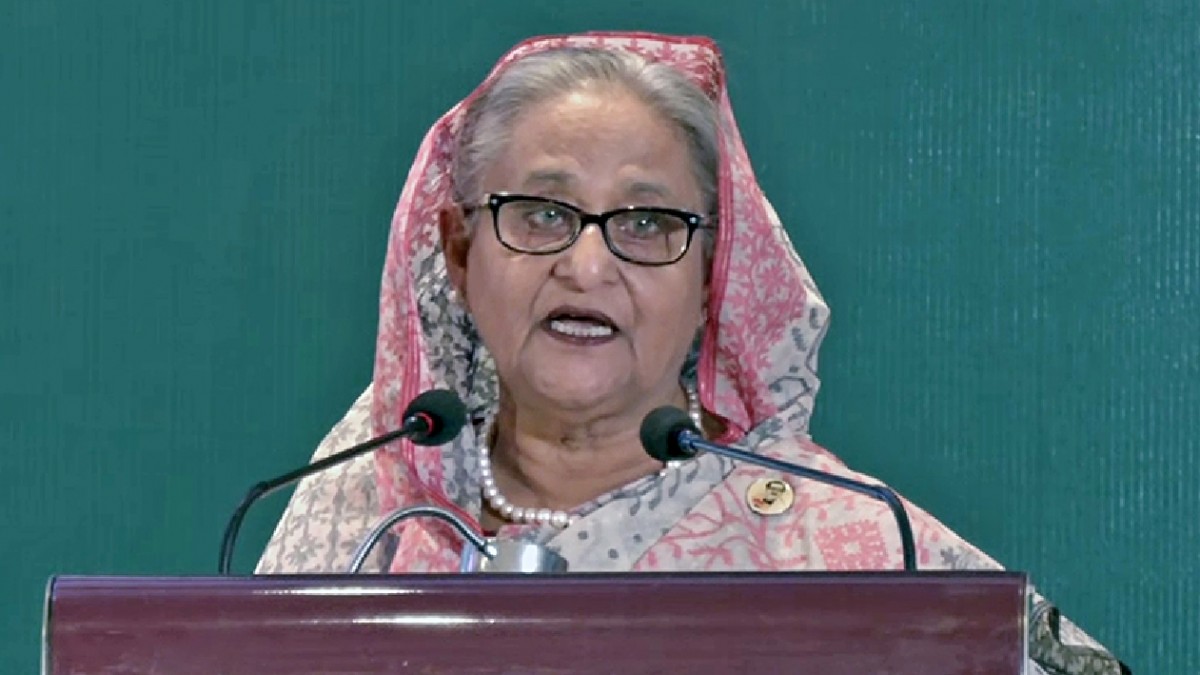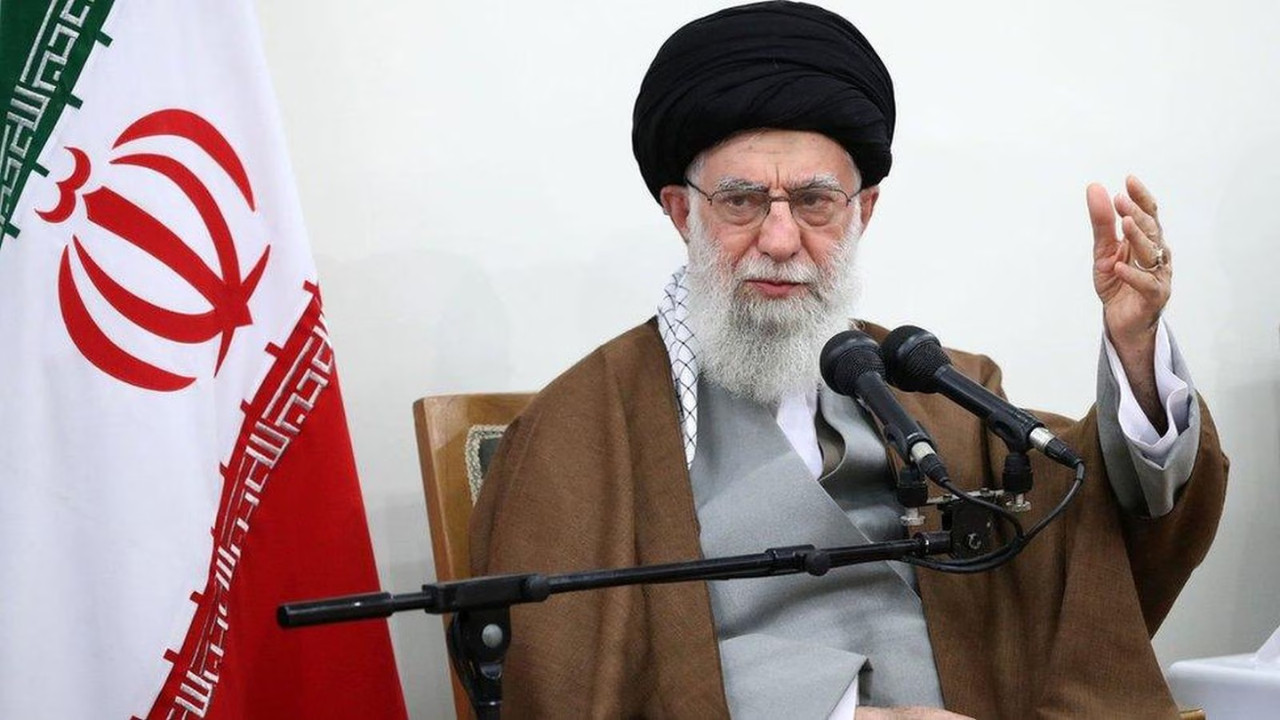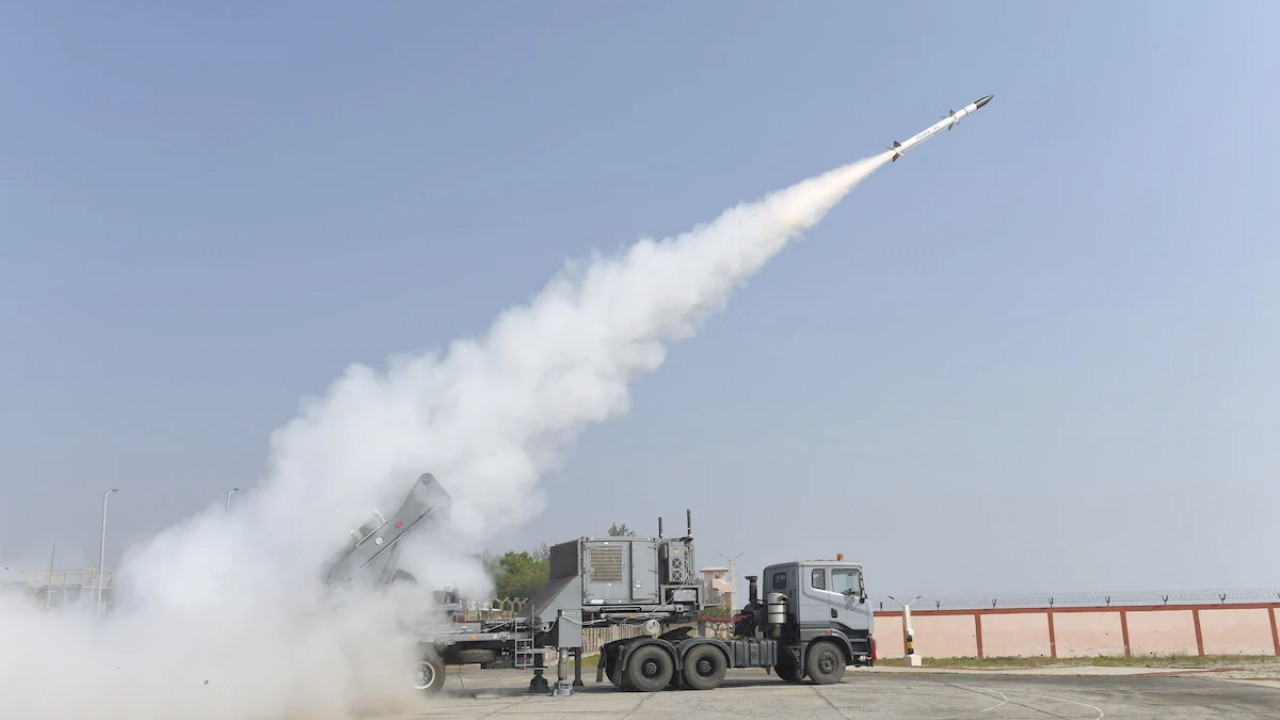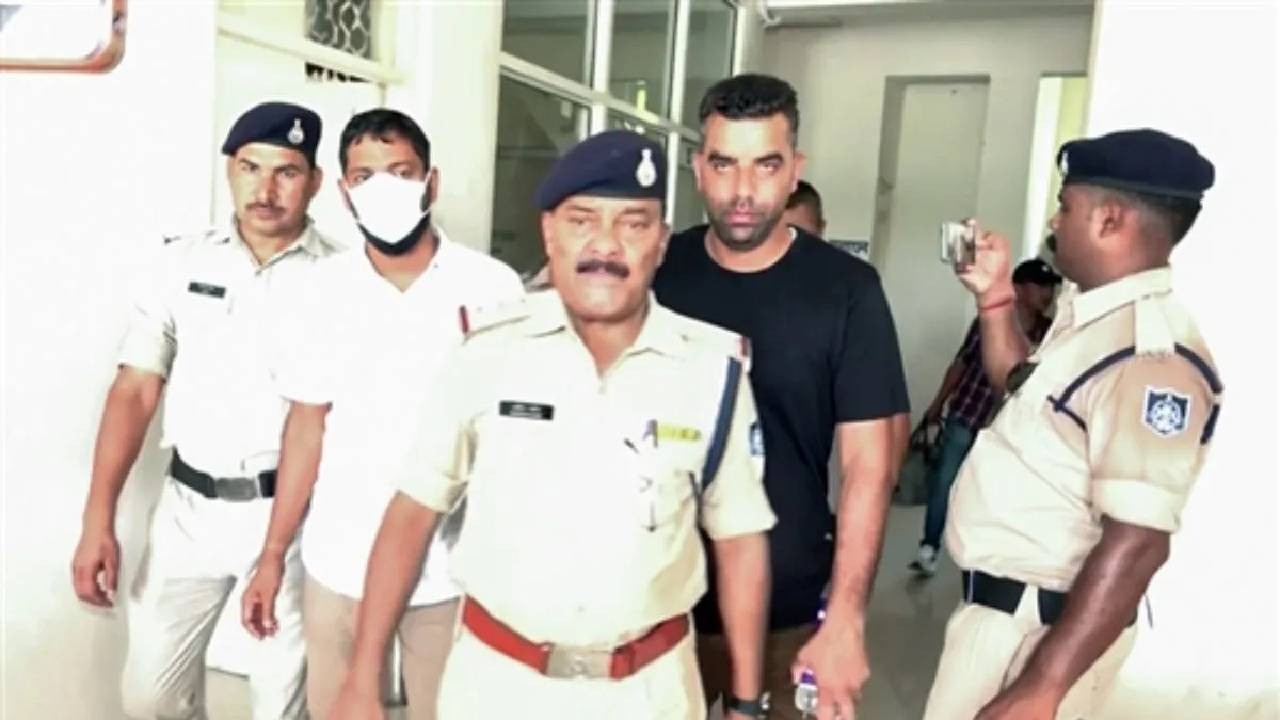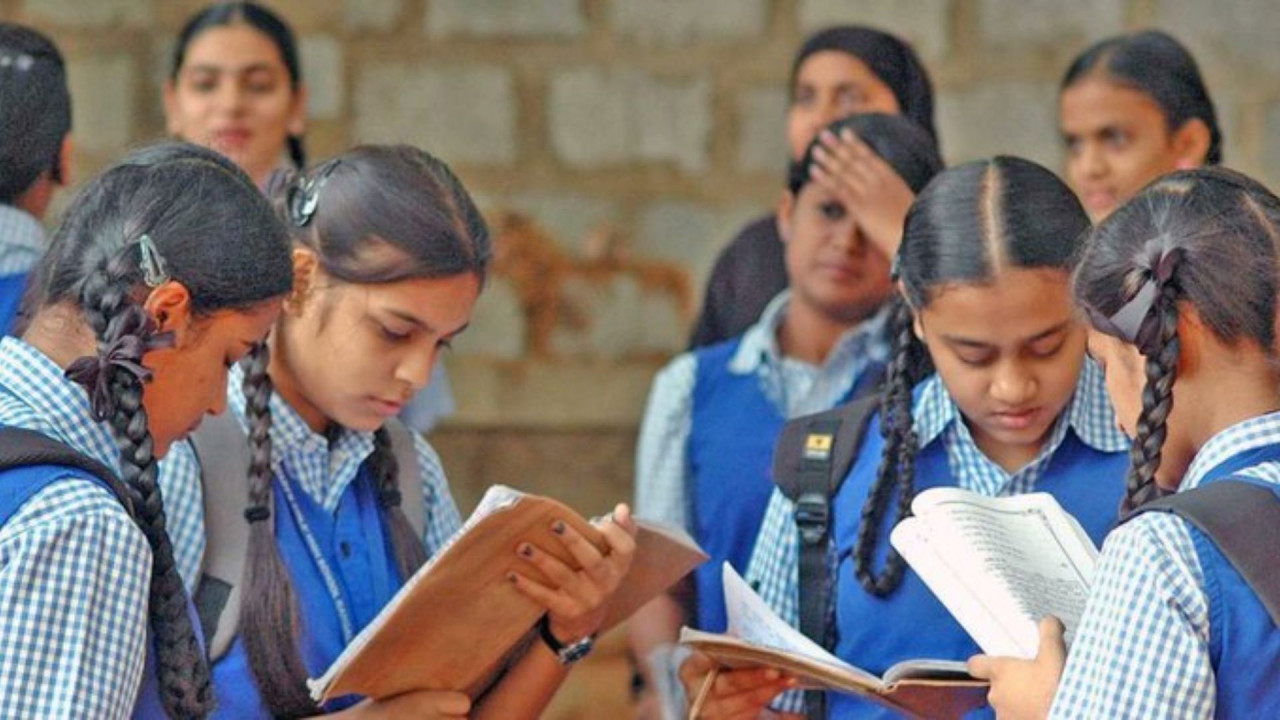International News: The ongoing trial against former Bangladesh Prime Minister Sheikh Hasina took a dramatic turn when the International Crimes Tribunal for Bangladesh (ICT-BD) removed her state-appointed defense lawyer within just a day of his appointment. The lawyer, Aminul Gani Titu, was dismissed after an old Facebook post resurfaced in which he had called for the death penalty for Sheikh Hasina, igniting significant controversy.
Context: Political Turmoil and Exile
This development comes at a time when Sheikh Hasina, who served as Prime Minister for 16 consecutive years, stepped down from office on August 5, 2024, amid widespread student-led protests and anti-government demonstrations. Following her resignation, she left the country and is currently residing in India. Many of her close associates, including ministers and top officials, have either been imprisoned or fled abroad.
Facebook Post Triggers Dismissal
Titu admitted to the media that he had indeed written the Facebook post on the same day Hasina resigned, expressing his personal opinion in favor of capital punishment for the former leader. Despite this, he maintained that he would have performed his duties as a defense lawyer in a completely professional and unbiased manner had he been allowed to continue.
However, the tribunal ruled that a person who has previously shown clear public bias against the accused cannot be entrusted with the state's responsibility to provide a fair defense.
New Appointment and Trial Developments
Following Titu’s dismissal, the ICT-BD has appointed lawyer Amir Hussain as the new state defense attorney for Sheikh Hasina. Additionally, Asaduzzaman Khan Kamal, the former Home Minister in Hasina’s administration, has also been assigned a state lawyer to represent him in related cases.
Sheikh Hasina is facing serious charges, including crimes against humanity, mass killings, and enforced disappearances, allegedly committed between July and August 2024. Based on these accusations, a formal trial is now underway.
Tribunal’s Role Under Scrutiny
The ICT-BD was originally established in 2010 to investigate war crimes committed during the 1971 Bangladesh Liberation War. However, its current focus on new charges against political leaders of the former regime, including Hasina and her top officials, has led to criticism and allegations of political bias.
Political Fallout and Reactions
This latest episode has stirred fresh tensions in Bangladesh’s already volatile political climate. Opposition parties are calling the tribunal’s actions “politically motivated revenge,” while the interim administration defends the move as a legitimate part of the legal process. Supporters of Sheikh Hasina argue that this is part of a coordinated campaign to tarnish her image and end her political career.
The removal of the defense lawyer over a past Facebook post has once again placed Bangladesh’s judicial integrity, freedom of speech, and political fairness under the spotlight. With the trial still in its early stages, this case is likely to have lasting legal and political implications in the months ahead.


